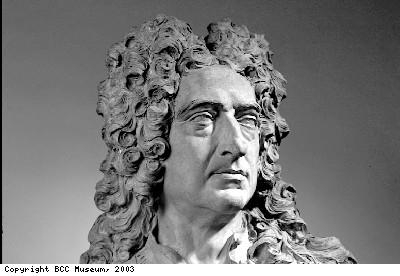How Slavery Developed
Bristol’s merchants
Merchants from Bristol traded freely with Europe, the Barbary Coast of North Africa, America and the Caribbean. By the mid 1660s tobacco, sugar and other raw materials from the Caribbean and America were being imported in large quantities. They were being grown on European-owned land (plantations) by poorly-paid workers and unpaid slaves.
Until 1698 the London based Royal African Company had control over all trade with Africa so that no other British port could trade for ivory, gold, dyewood, spices and slaves. Edward Colston (1636-1721) the son of a Bristol merchant was involved in the transatlantic slave trade as a member of the Royal African Company. He also traded in cloth and wine from Europe, and sugar from St Kitts in the Caribbean.
When he died he left the modern equivalent of £5 million pounds to various Bristol charities and churches.
Eventually in 1698 Bristol merchants became totally involved in the ‘African Trade’, as the Royal Africa Company were no longer the only company allowed to trade with Africa.
By the late 1730s Bristol had become Britain’s main slaving port. By 1750 Liverpool had overtaken Bristol as the country’s main slave trading port. Even so, Bristol ships still transported 8,000 of the 20,000 enslaved Africans sent that year to the British Caribbean and North America.

 Bristol’s merchants
Bristol’s merchants Examples of cargoes
Examples of cargoes Abolition
Abolition Rebellion
Rebellion Sugar Plantations
Sugar Plantations African heritage
African heritage The voyage
The voyage ‘Buying’ the slaves
‘Buying’ the slaves Bristol ships go to Africa
Bristol ships go to Africa Goods to trade
Goods to trade

